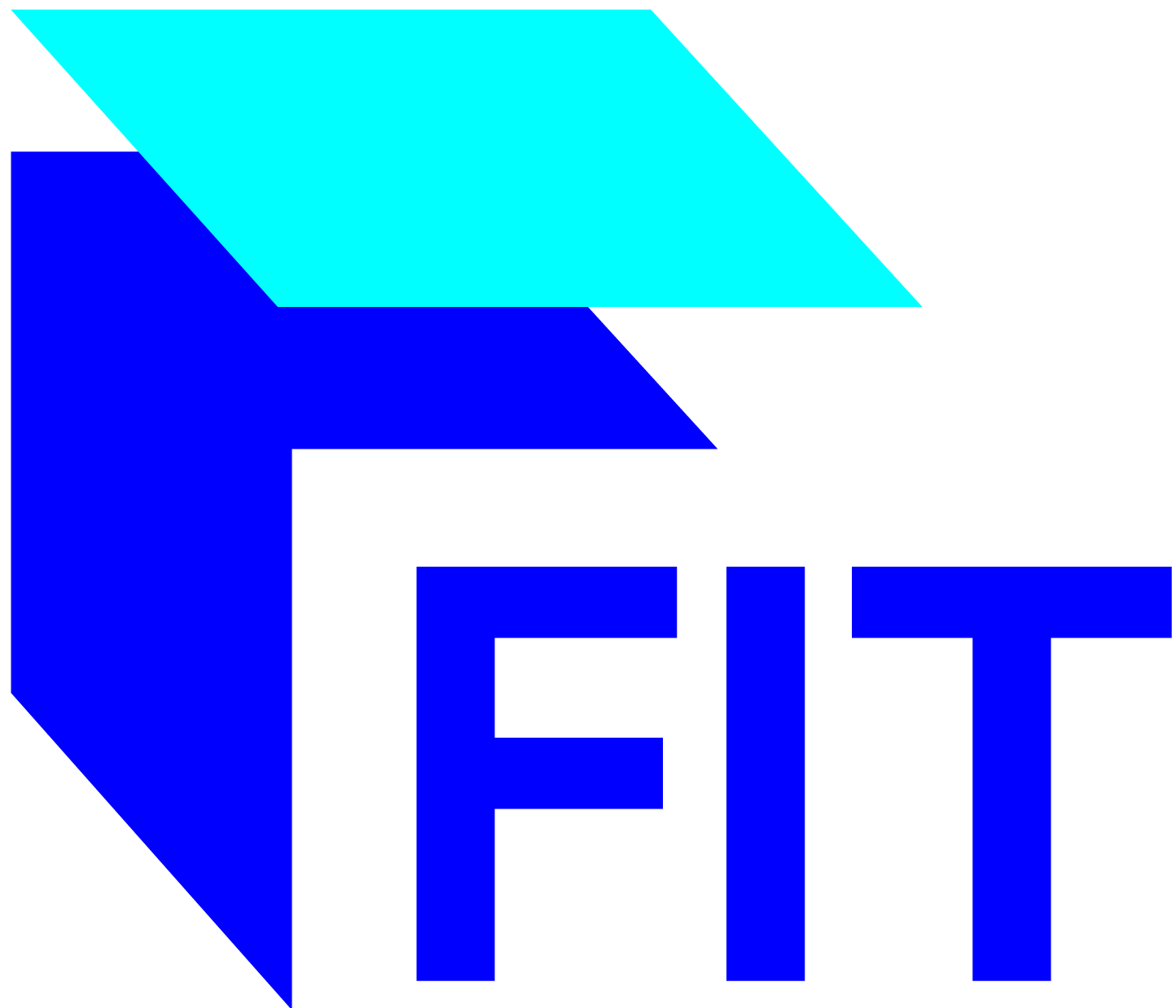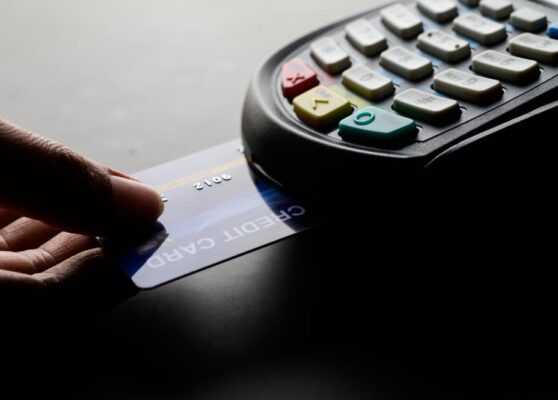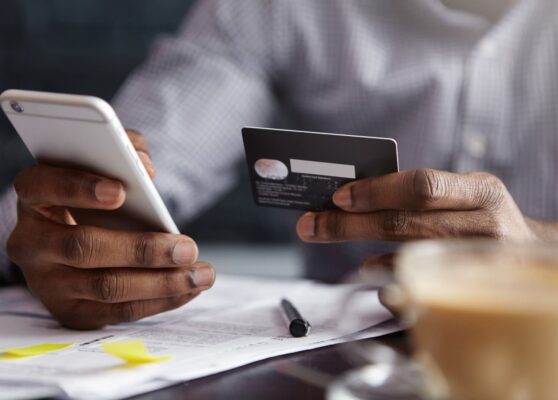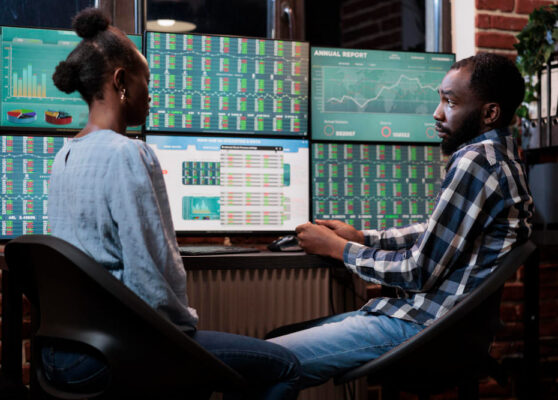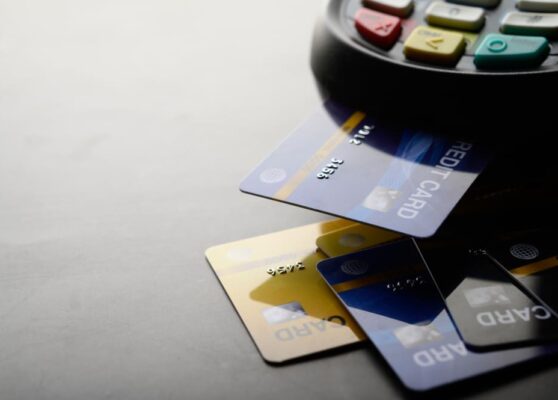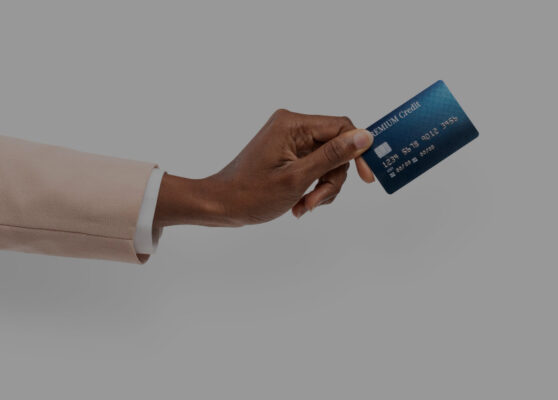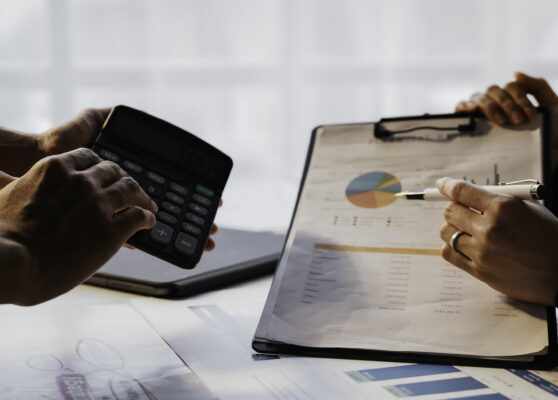Notifications
Clear all
BANKING
Status
Author
Topics
Forum
Replies
Views
Last Post
0
133
11 months ago
Consultation & Training
Professional and Tailored Consultation and Training Programs, designed for individuals and groups.
Banking Tools
Tools for Banking




Statistics
Data & Insights
Frequently Asked Question
What is FIT4Africa?
FIT4Africa (Financial Inclusion Tools for Africa) is a digital platform designed to bridge financial gaps by providing individuals, businesses, and stakeholders with access to credible financial information, expert guidance, essential tools, data-driven insights, and vibrant communities.
Who can use FIT4Africa?
FIT4Africa is open to individuals, small businesses, financial service providers, policymakers, researchers, and development organizations looking for financial inclusion solutions across Africa.
What is banking?
Banking refers to financial services provided by institutions that allow individuals and businesses to deposit money, manage accounts, borrow funds, and perform financial transactions securely.
What types of banks exist in Africa?
• Commercial Banks – Provide savings, loans, and transaction services to individuals and businesses.
• Microfinance Banks – Offer financial services to low-income individuals and small businesses.
• Digital-Only Banks – Operate entirely online without physical branches.
• Development Banks – Support economic growth projects and industries.
• Central Banks – Regulate the financial system and monetary policy in each country.
• Microfinance Banks – Offer financial services to low-income individuals and small businesses.
• Digital-Only Banks – Operate entirely online without physical branches.
• Development Banks – Support economic growth projects and industries.
• Central Banks – Regulate the financial system and monetary policy in each country.
Why is banking important?
• Commercial Banks – Provide savings, loans, and transaction services to individuals and businesses.
• Microfinance Banks – Offer financial services to low-income individuals and small businesses.
• Digital-Only Banks – Operate entirely online without physical branches.
• Development Banks – Support economic growth projects and industries.
• Central Banks – Regulate the financial system and monetary policy in each country.
• Microfinance Banks – Offer financial services to low-income individuals and small businesses.
• Digital-Only Banks – Operate entirely online without physical branches.
• Development Banks – Support economic growth projects and industries.
• Central Banks – Regulate the financial system and monetary policy in each country.
What are the types of bank accounts available?
• Savings Account – Allows you to save money while earning interest.
• Current Account – Used for daily transactions with no withdrawal limits.
• Fixed Deposit Account – Money is locked in for a set period at a higher interest rate.
• Domiciliary Account – Holds foreign currency like USD, GBP, or EUR for international transactions.
• Current Account – Used for daily transactions with no withdrawal limits.
• Fixed Deposit Account – Money is locked in for a set period at a higher interest rate.
• Domiciliary Account – Holds foreign currency like USD, GBP, or EUR for international transactions.
What documents do I need to open a bank account?
• A valid government-issued ID (passport, national ID, or driver’s license)
• Proof of address (utility bill, tenancy agreement, etc.)
• Passport-sized photographs
• Tax Identification Number (TIN) (in some countries)
• A minimum deposit (varies by bank)
• Proof of address (utility bill, tenancy agreement, etc.)
• Passport-sized photographs
• Tax Identification Number (TIN) (in some countries)
• A minimum deposit (varies by bank)
Can I open a bank account online?
Yes, many banks offer online account opening. You may need to upload digital copies of your documents and complete an online verification process.
What is Know Your Customer (KYC), and why is it required?
KYC is a process where banks verify your identity to prevent fraud, money laundering, and financial crimes. It is a regulatory requirement.
What options are available for people without access to traditional banking?
• Microfinance Banks – Offer accessible financial services with minimal requirements.
• Mobile Money Services – Allow transactions via mobile phones without a bank account.
• Agency Banking – Enables banking through agents in remote areas.
• Fintech Solutions – Digital platforms offering banking alternatives.
• Mobile Money Services – Allow transactions via mobile phones without a bank account.
• Agency Banking – Enables banking through agents in remote areas.
• Fintech Solutions – Digital platforms offering banking alternatives.
How can I access banking services if I don’t have a formal job?
Many financial institutions offer low-income banking products, mobile banking, and financial literacy programs tailored for informal sector workers.
Are there banking services tailored for women and small businesses?
Yes, some banks offer women-focused financial services and SME banking solutions with flexible requirements and lower fees.
What is mobile banking, and how does it work?
Mobile banking allows users to access financial services via a mobile app or USSD codes. You can check balances, transfer money, pay bills, and apply for loans.
What is the difference between mobile banking and mobile money?
• Mobile Banking – Linked to a traditional bank account.
• Mobile Money – A standalone financial service provided by telecom companies and fintech firms.
• Mobile Money – A standalone financial service provided by telecom companies and fintech firms.
Download your bank’s mobile app or dial the bank’s USSD code.
• Download your bank’s mobile app or dial the bank’s USSD code.
• Enter your bank account details and create a secure PIN.
• Follow the bank’s instructions for activation.
• Enter your bank account details and create a secure PIN.
• Follow the bank’s instructions for activation.
Are digital banks safe to use?
Yes, as long as they are licensed and regulated by financial authorities. Always verify a digital bank’s legitimacy before opening an account.
What security measures should I take when using mobile banking?
• Use strong passwords and change them regularly.
• Never share your PIN or login details.
• Enable two-factor authentication.
• Avoid using public Wi-Fi for banking transactions.
• Never share your PIN or login details.
• Enable two-factor authentication.
• Avoid using public Wi-Fi for banking transactions.
What common banking fees should I be aware of?
• Account Maintenance Fees – Charged monthly or annually.
• ATM Withdrawal Fees – Applied when using an ATM not owned by your bank.
• Transaction Fees – For transfers, payments, and international transactions.
• Overdraft Fees – Charged for withdrawing more than your account balance.
• ATM Withdrawal Fees – Applied when using an ATM not owned by your bank.
• Transaction Fees – For transfers, payments, and international transactions.
• Overdraft Fees – Charged for withdrawing more than your account balance.
How can I reduce banking fees?
• Use your bank’s ATMs to avoid extra charges.
• Maintain the required minimum balance to avoid maintenance fees.
•Choose banks with low or zero-fee accounts.
• Use digital and mobile banking to reduce transaction costs.
• Maintain the required minimum balance to avoid maintenance fees.
•Choose banks with low or zero-fee accounts.
• Use digital and mobile banking to reduce transaction costs.
How can I transfer money locally?
• Bank-to-bank transfers
• Mobile money transfers
• USSD banking services
• Agency banking services
• Mobile money transfers
• USSD banking services
• Agency banking services
What is the best way to send money internationally?
• International bank transfers (SWIFT)
• Remittance services like Western Union and MoneyGram
• Digital payment platforms such as PayPal and Wise
• Cryptocurrency-based remittance services (in approved countries)
• Remittance services like Western Union and MoneyGram
• Digital payment platforms such as PayPal and Wise
• Cryptocurrency-based remittance services (in approved countries)
What factors affect international money transfer costs?
• Transfer fees charged by banks and remittance providers
• Exchange rates
• Destination country regulations
• Exchange rates
• Destination country regulations
How long does an international transfer take?
• Standard bank transfers: 3-7 business days
• Remittance services: Instant to 24 hours
• Cryptocurrency transfers: A few minutes to a few hours
• Remittance services: Instant to 24 hours
• Cryptocurrency transfers: A few minutes to a few hours
How can I apply for a bank loan?
• Submit a loan application form.
• Provide required documents (ID, proof of income, business records).
• Undergo a creditworthiness assessment.
• Accept loan terms and receive funds.
• Provide required documents (ID, proof of income, business records).
• Undergo a creditworthiness assessment.
• Accept loan terms and receive funds.
What factors determine loan approval?
• Credit history and score
• Income level and employment status
• Collateral (if required)
• Purpose of the loan
• Income level and employment status
• Collateral (if required)
• Purpose of the loan
What is a credit score, and why is it important?
A credit score is a measure of your ability to repay debt. A higher score increases your chances of loan approval with favorable terms.
Can I get a loan without a bank account?
Some microfinance institutions and fintech platforms offer loans without requiring a bank account.
How can I verify if a bank is legitimate?
Check if the bank is licensed by the central bank or financial regulatory authority in your country.
What should I do if I experience fraudulent activity on my account?
• Report to your bank immediately.
• Change your online banking credentials.
• Monitor your account for unauthorized transactions.
• Change your online banking credentials.
• Monitor your account for unauthorized transactions.
What are my rights as a banking customer?
• Right to transparent information on fees and interest rates.
• Right to privacy and secure transactions.
• Right to file complaints about unfair banking practices.
• Right to privacy and secure transactions.
• Right to file complaints about unfair banking practices.
How can I file a complaint against a bank?
• Contact the bank’s customer service.
• Escalate the issue to the central bank’s consumer protection department if unresolved.
• Escalate the issue to the central bank’s consumer protection department if unresolved.
Banking News
Read the Latest Banking News
March 12, 2025
African Development Bank to launch 2025 Macroeconomic …
March 12, 2025
